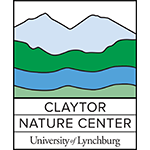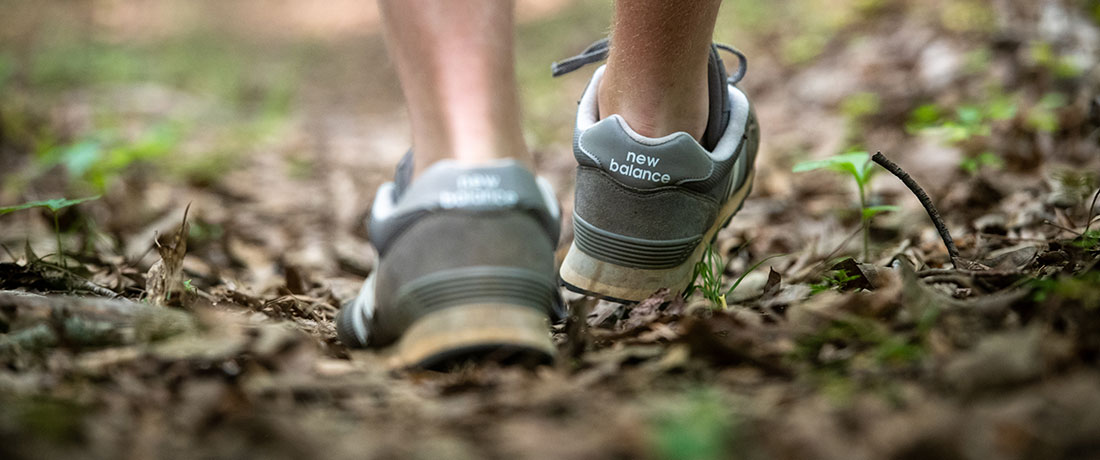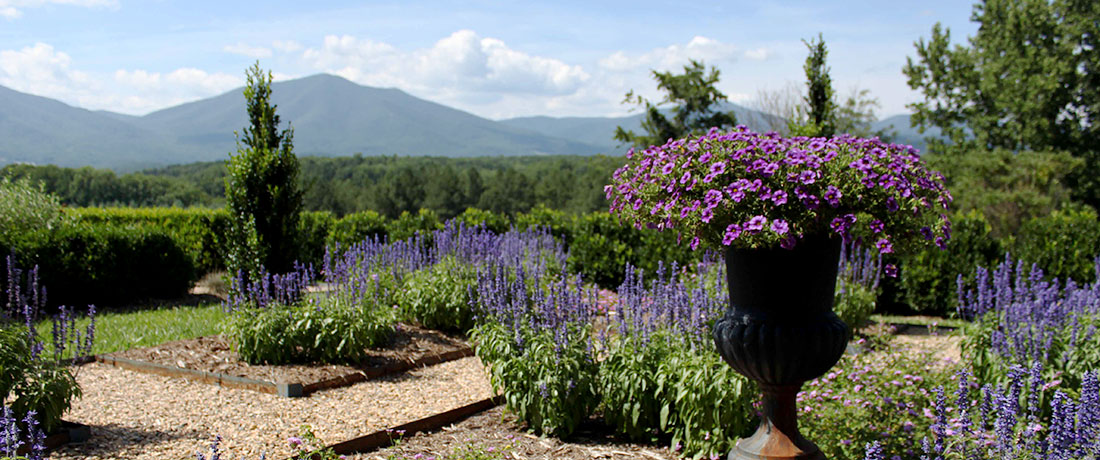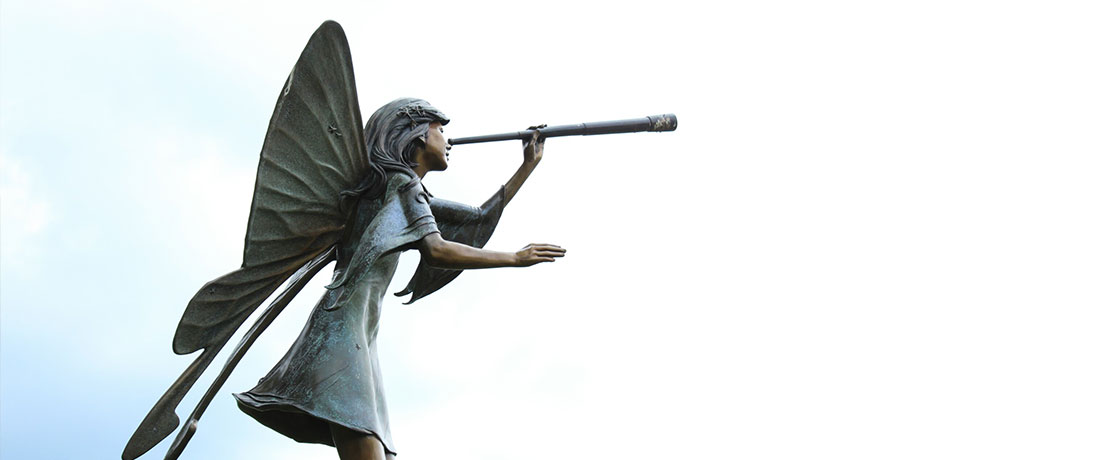Plan your visit
Claytor Nature Center
Located at the foot of the Blue Ridge Mountains, Claytor contains freshwater streams, woodlands, wetlands, grasslands, rare plants, wildlife, and a portion of the Big Otter River.
Claytor also boasts a hiking trail system, a small-group campground, and an amphitheater. The Virginia Claytor Memorial Gardens, created in memory of the late Mrs. Claytor, adorn the property with formal flower, herb, and shrub plantings.
In 2016, Lynchburg College alumnus Bob Kibler donated 21 acres to expand the Claytor Nature Center to its current 491 acres.
Forest for the Trees:
The Power of Perspective in the Practice of Leadership
Friday, June 21, 2024 | 9 a.m. – 3:30 p.m.

Mission
The mission of the University of Lynchburg Claytor Nature Center is to engage our community in the enjoyment, appreciation, and study of our diverse natural habitats in the Virginia Piedmont and Blue Ridge regions, toward advancing the well-being of all people and the environment.
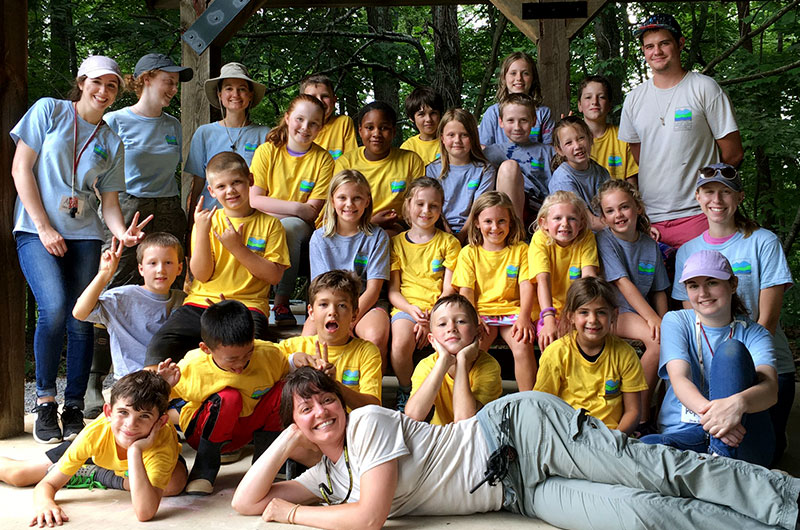
Beliefs
- Human well-being depends on environmental well-being.
- The outdoors and nature are for everyone. Period.
- We are all responsible for upholding the three pillars of sustainability: social, economic, and environmental.

Values
- Passion for the environment and sustainability
- A holistic approach to learning and well-being
- Community building
- Belonging
Supporters
Thanks to the following for their support!
We welcome all individuals and do not discriminate based on race, color, national origin, sex, pregnancy (including childbirth or related medical conditions including lactation), marital status, veteran status, disability, age (40 and over), sexual orientation, gender identity, or religion.
